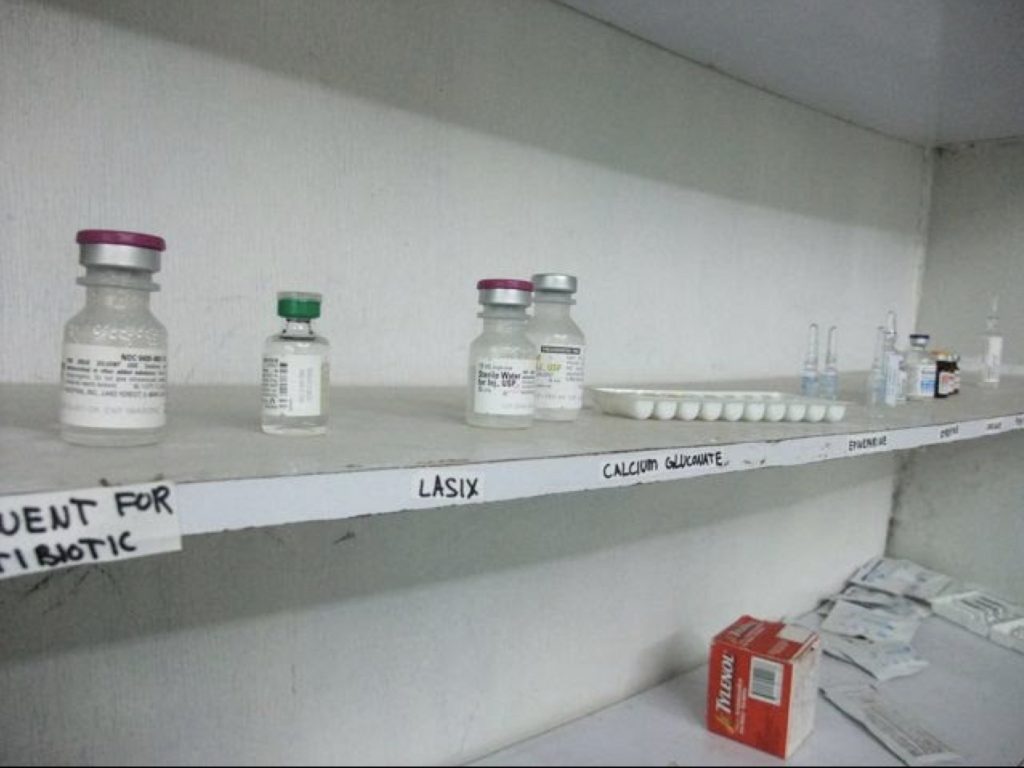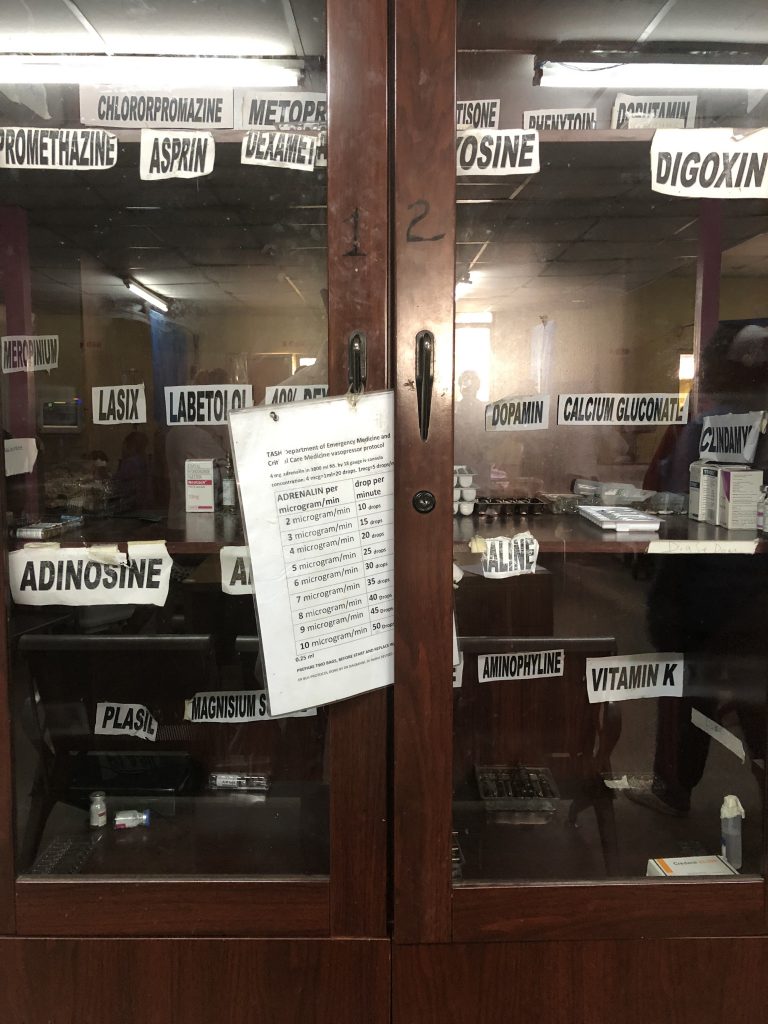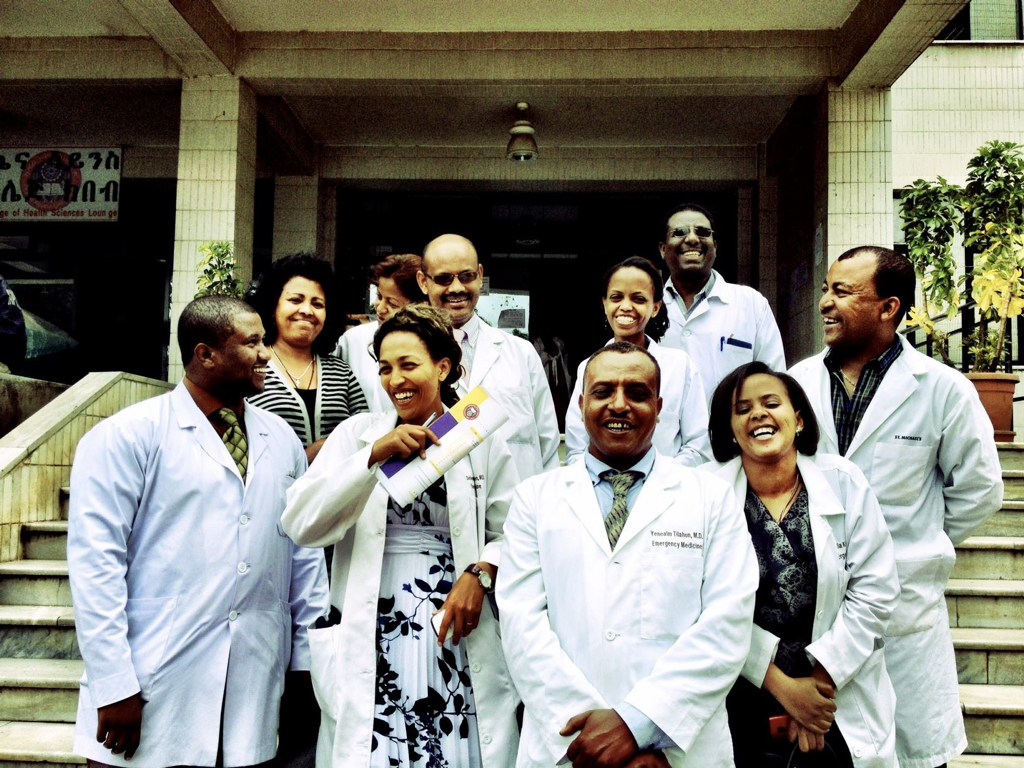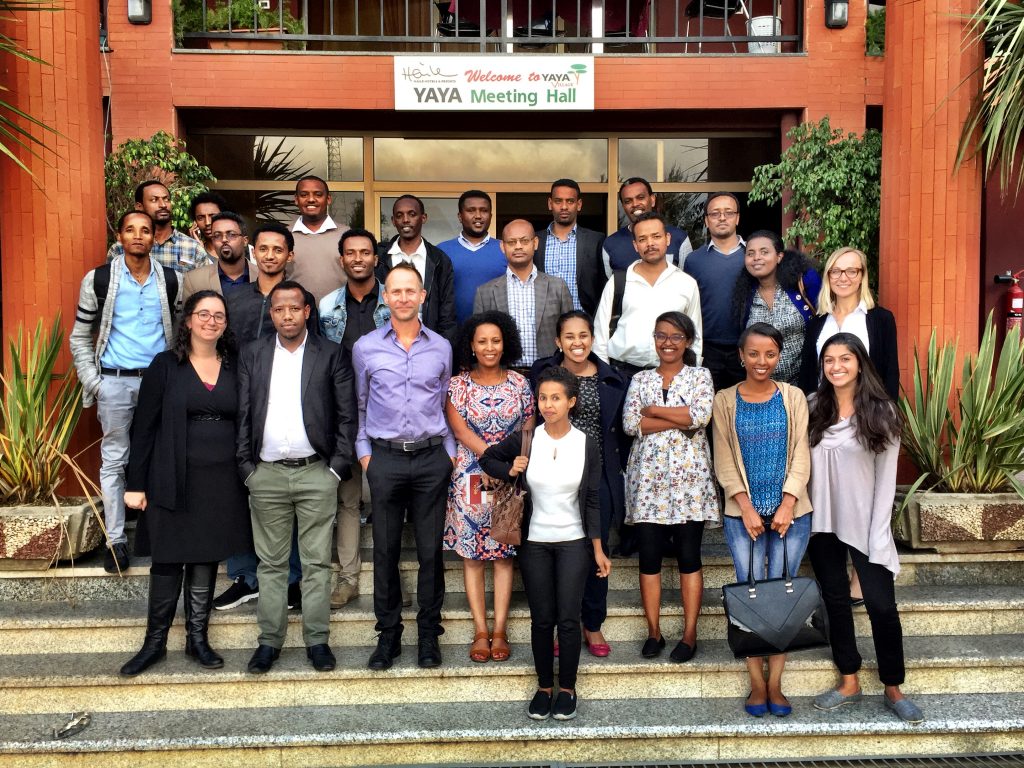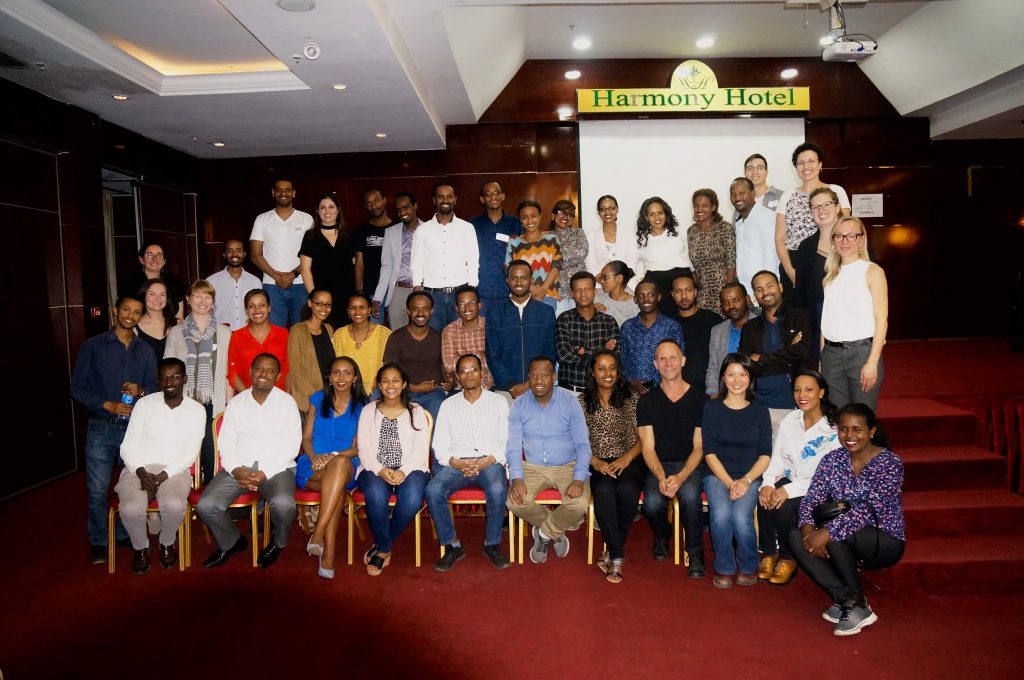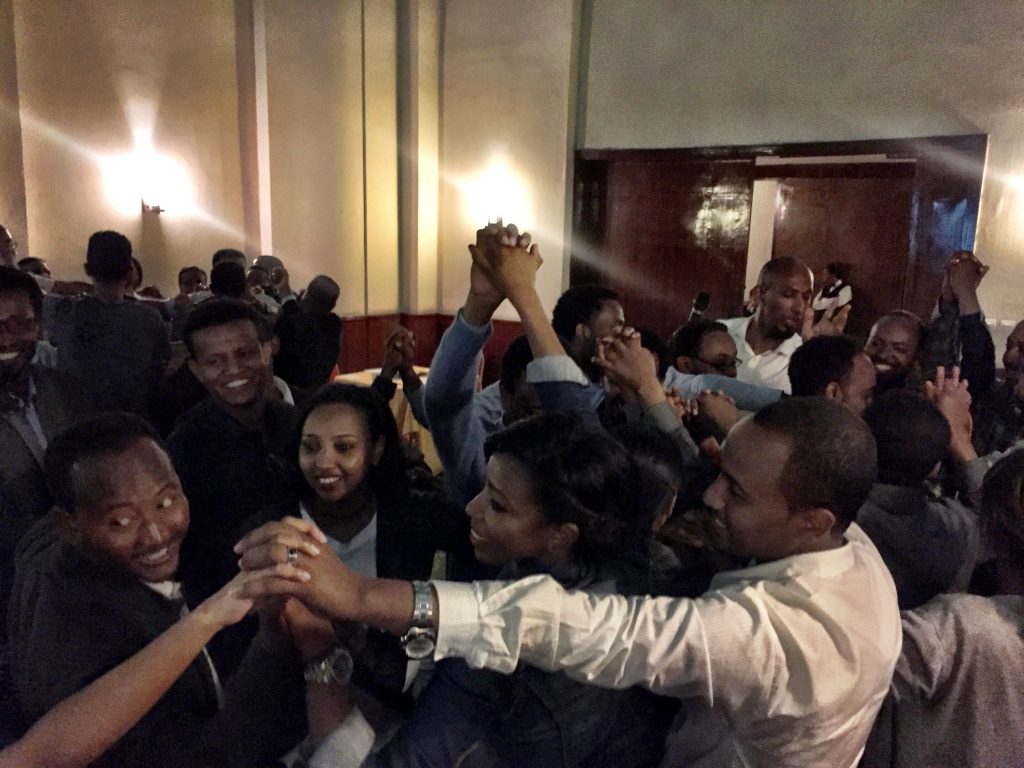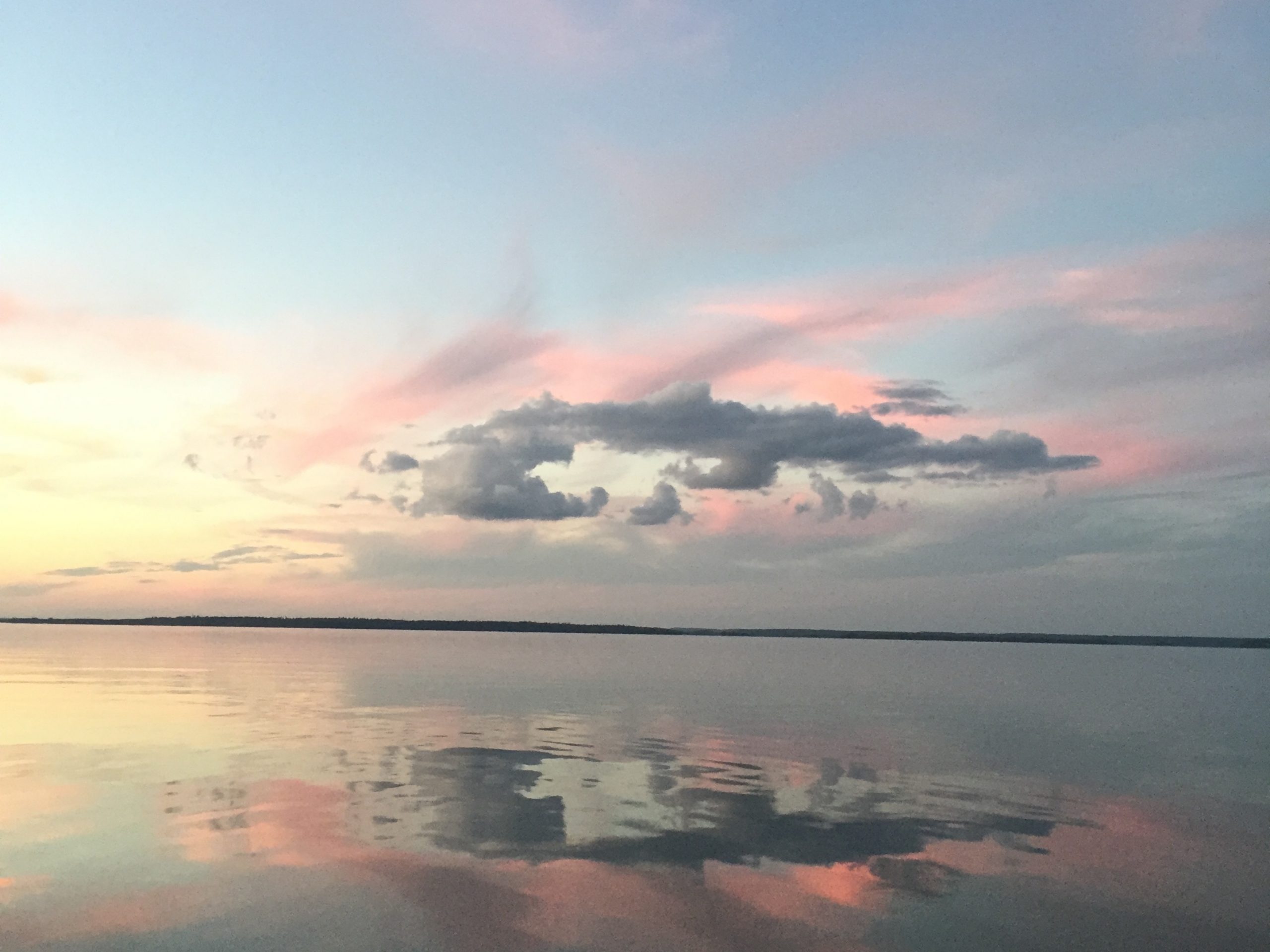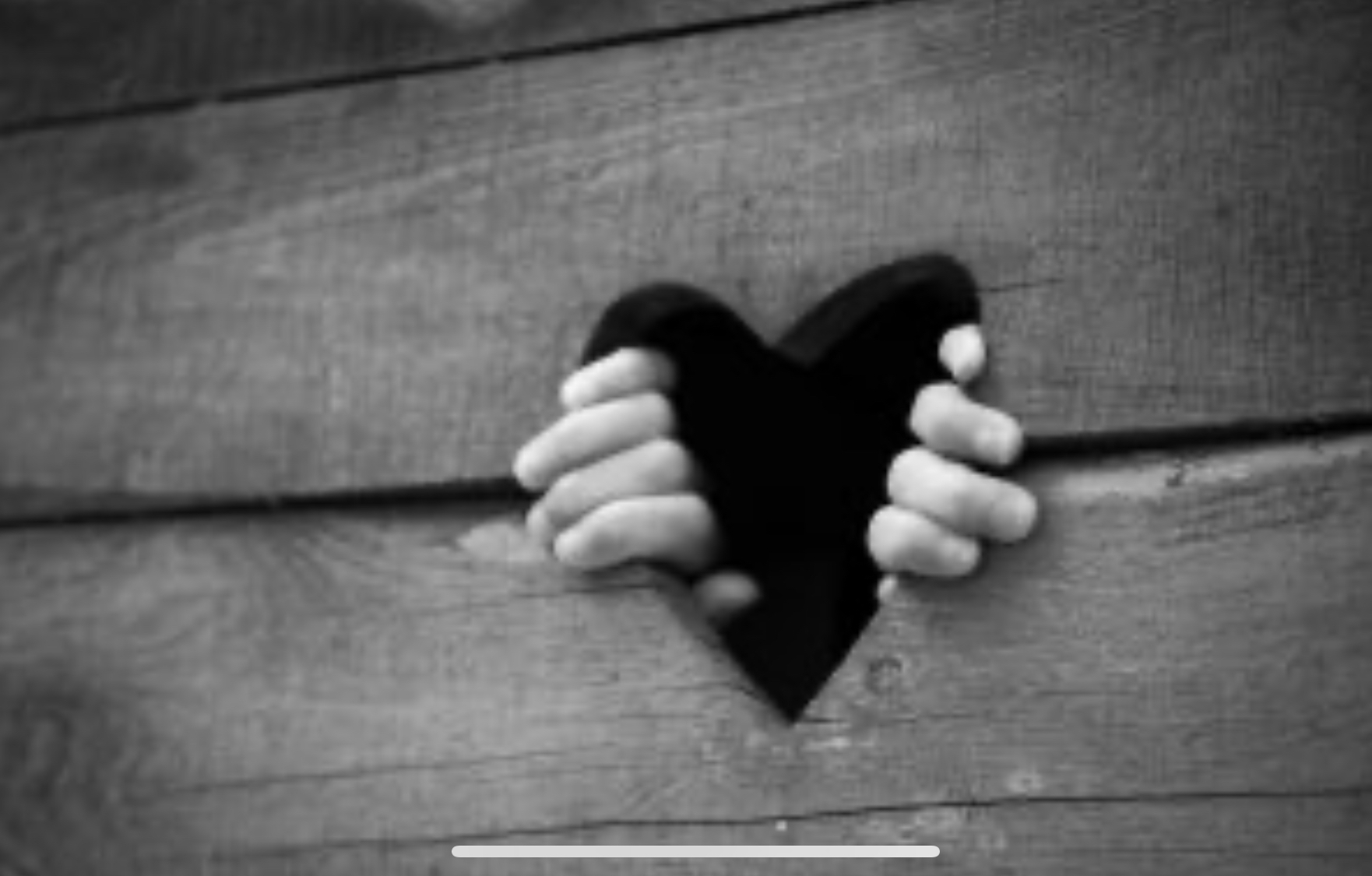with no other qualifications save the immense wealth created by proprietary access to technology, bill gates has anointed himself king of global health policy, where he argues such barriers must continue lest they upend the hierarchy. I need no grand conspiracy to make this claim; it is happening in full view, with complete permission from the law.
https://observer.com/2021/04/bill-gates-oppose-lifting-covid-vaccine-patent-interview/
he didn’t create the pandemic, despite what you might be inclined to believe, but he seems willing to perpetuate it at the altar of financial profit. listen, I’m not saying him and Melinda haven’t done great good. I know they have. I have seen it. I’m saying the ground on which it is built on is doomed from this attitude, that knowledge is power, and some people deserve to hold it more than others.
before people spin out, I want to tell you: vaccines work, and everyone should have the chance to take one. many people who aren’t sure, often have the intense privilege of not knowing anyone in their family who has died from an illness that could have been prevented. ask your great-grandparents if you can. my great uncle died of measles as a boy, before I could know him. people still get crippled with polio. it has saved many women from cervical cancer.
denying their importance and effectiveness is a magical type of thinking, more suited to the middle ages. denying them particularly to the poor, while claiming an interest in global health, is a modern curse, and is not just hypocritical, but delusional.
no wonder people don’t know what to trust. certainly not bill, sadly, at least for matters to do with your wellbeing. his heart seems too centred in his 100 million dollar home than to be in the right place. what you can trust, though, is his interest, and those of the drug companies, in power and wealth. in many ways this reliability is good. it means the vaccines are likely to be smithed to near-perfection, pharmaceutical grade, pure and effective, then sold to the highest bidder, then once they prove capable, raised in price. what they also want to sell, along with the vaccine, is the idea that only they are uniquely capable of doing it. it is this latter part that is impossible to believe. how would they know? even if so, we’re fast learners. teach us.
are the vaccines safe? of course they are. should you get one? from where I stand in the emergency room, my answer is a pretty resounding “duh”. you don’t have to worry about them hijacking your immune system, only your collective wallet. despite much of the basic research for mRNA vaccines being funded by your dollars, you still get the privilege to pay.
but hey, $ provides access, right? for it, you’ll get the booster, a new one for the variants that might be on the way, an all-access pass. if you aren’t in one of the countries that can afford the billion dollar subscription fee, though, all you get is sick.
bill gates, in my opinion, has told you who he is. you don’t need to look any deeper, anoint him as part of a secret cabal. he’s no secret. more than being seen as a “good guy”, he wants to be seen. and truthfully, I don’t know his position. I trust in the goodness of people, and think in his own way, he things he is doing it. his role certainly includes greater access to information than I will ever know, but I can’t help but feel, that is part of the problem, believing that like we can’t handle vaccine production, we can’t handle the truth, and should just trust.
I’m sorry. that’s not how trust works. we don’t trust people who hold things back. we need transparency, and openness. we need to let the knowledge go so it has its highest good. the truth is the only thing that will set us free, alone and together.
over the years, this is the only organization I’ve learned enough about to trust to tell it. the reason? the pay shite and all we do is argue until it gives you a headache. I would follow them into a fire, again and again. https://msfaccess.org/covid-19-action dig, if you will, on their #nopatentsinapandemic campaign.
while I was away on my first mission with them, in Sudan, I was also working with doctors and academics who left CMAJ, because of incursions on editorial independence, to form open medicine.ca (though defunct, it lives forever in pubmed central, tanks god: www.ncbi.nlm.nih.gov/pmc/?term=%22open+medicine%22). we knew open-source/access medical publishing was a rough ride because we decided to refuse Pharma and device advertising. we could figure no way around the slippery slope it would put us on, fearing a bias that tilted us away from the inequity that caused so much of the world’s sickness, and towards profit. we called a relationship with industry “dancing with a porcupine”, dangerous to get too close, because you’ll get hurt.
at this point in our human history, we need industry to innovate. it is awesome at it. we don’t, however, need to give them permission to let their pursuit of excellence cost human lives. there is nothing wrong, inherently, with the pursuit of healthy growth, even of a company. I think that bill gates and Pfizer, for instance, are just mired in an old way of thinking, that the best way to make money is through barriers to access. for a windows update, or an RNA sequence. it may have even been true at one time, I don’t know. I think, though, there is a bigger opportunity now, and that is to profit by distribution of knowledge, transfer of expertise. you simply increase the possibilities for innovation, which is both so much more bitching to believe in, and likely to occur.
so the question of profit from innovation, vaccines or otherwise, is not one of good and bad. it is definitely a hardcore YES. as that profit is interpreted only as $, then the morality comes into question. should Pfizer or Moderna make a financial profit? yes, of course. and, once they have, they should open their methods, such that the profit continues for all humanity.
during my tenure at Open Medicine, I think my favourite article to work on was with https://en.wikipedia.org/wiki/James_Heilman and Wikimedia Canada, as we proved that diffusing knowledge into the hands of people was not only safe, but better than any other alternative. as I wrote in preface to his article on #denguefever (sadly, not the band): “With an Internet connection, you don’t need to talk to the brightest people in the room to get the information you need. With the right access, you are one of them.”
https://www.ncbi.nlm.nih.gov/pmc/articles/PMC4242788/
let us light the way to a world where everyone who needs a vaccine, can get it. such an endeavour, possible in our lifetimes, will make us realize we are richer beyond our wildest dreams, and the equilibrium it brings will herald the peace we have spent our whole lives chasing, tasting on the tips of our tongue. The movement will need more than loosing of patent laws; it will need active, equitable distribution of expertise. This will allow for places like Ethiopia or India to be foci for production, and as their ability grows, the likelihood that someone there will create a solution for your mother’s troubling cancer, because it is troubling theirs.
https://theprint.in/opinion/why-the-trips-waiver-unlikely-to-solve-indias-covid-19-vaccine-shortage/653979/
What can you do to support such a transition? Well, if you’re in Canada, write your MP. You can find yours here: https://www.ourcommons.ca/members/en
If in the US, here: https://www.house.gov/representatives/find-your-representative
Click on “contact”, then send them an email with the subject heading “TRIPS waiver for COVID vaccine technology”, and put in your own words why you think it important to your safety as a Canadian. Not just that, of course. The quicker we squash this, the more we save money, and our lives return to one’s in which we can face each other, unmasked and in love.
or, heck, write them and tell them that you think patents are the best, and you want even more. I’m not the boss of you, I just think that if you read around the issues, you might agree that they are there because they are successful in creating wealth, and we are reluctant to let go of something that works so well. I trust, though, that as we do, we will see that profit will actually increase, just be directed towards innovation and efficiency, rather than access. First COVID, then the carbon capture.
all this to say, grateful for yet another chance to not write on my book. thankfully, it is f__king freezing cold yet again in Toronto, and there’s nothing really to do so I’ll probably have the yawning hours of this afternoon to get to it after all. if you’re up for it, I’ll see you for meditation Sunday, 9PST/12EST. holler if you have anything you want me to bring up. love.
ps. these pictures, which I shared before, are of the pharmacy in black lion hospital, first when I arrived in 2009, at Addis Ababa university’s request, to see if we could help with setting up a training program in emergency medicine, then again 2017. we never brought a single medicine, only the thirst for them, then we stood by their side. the other pictures are from graduating classes, the first with five, then the others from leadership conferences that helped them imagine the many directions their growing number can take their careers.I can’t wait to travel there again, to see what they’ve done. now, I don’t know the type of profits bill gates is into, but I can tell you the ones I have accrued: I never have to worry about a place to sleep in Ethiopia, for something to eat, or to be surrounded by people who want the best for me. the Ethiopian Emergency And Critical Care Physicians have done so well. from being once upon a time, my students, they are forever more my teachers. I miss you. see you soon.
